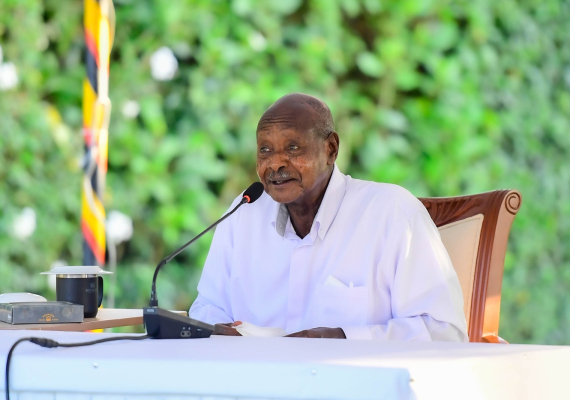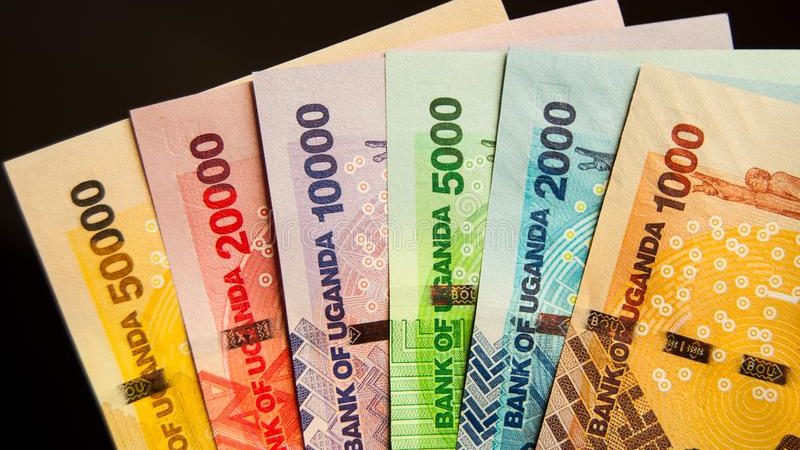By Annette Kiconco
Tech Cabal, a leading , published a story with the headline: “USSD remains Africa’s most popular payment channel despite growing alternatives.”
The article’s opening line read: “Despite the growth of many payment channels such as apps and QR codes, Africans continue to use USSD more for making payments across banking and mobile money products. USSD-based transactions were used for mobile money and cross-domain transactions due to their straightforward and user-friendly interface that does not require a smartphone or internet connectivity. These USSD channels, which contributed 70% of instant payment channels as of June 2023, have been key in facilitating transactions that go beyond traditional mobile money services, including transactions between different financial institutions.”
This insight underscores a powerful truth: Unstructured Supplementary Service Data (USSD) technology, despite its simplicity, remains a cornerstone of Africa’s digital and financial ecosystem.
USSD’s strength lies in its accessibility. Unlike app-based solutions or QR code systems that demand smartphones and reliable internet, USSD operates on basic feature phones, which remain prevalent across Africa.
According to the Financial Sector Deepening Uganda (FSD Uganda), over 80% of Ugandans own mobile phones, with a significant portion relying on feature phones rather than smartphones. This makes USSD a lifeline for rural and low-income populations who lack access to high-speed internet or advanced devices.
The technology’s simplicity is its superpower. By dialing short codes like *240# for dfcu Bank’s QuickBanking service, users can check balances, transfer funds, pay bills, or access micro-loans within seconds.
As highlighted by Further Africa, USSD’s real-time, menu-driven interface requires no data connection, making it ideal for regions with limited network infrastructure. According to the UCC’s Q1 2025 Market Performance Report, Uganda’s mobile penetration is nearing 88% with 43.2 million active subscriptions; this is compared to the internet penetration which has also seen significant growth, reporting 59% penetration as of March 2023 (active internet activity is said to be approximately between 25 % to 30% according to industry sources). USSD, therefore, bridges the digital divide, enabling financial transactions for the masses.
USSD has been a game-changer for financial inclusion, particularly in Africa, where traditional banking infrastructure is sparse. A June 2022 paper published by the International Journal of Computer Science and Mobile Applications titled “The Power of USSD: A Solution to African Financial Transaction Problems” notes that USSD facilitates 70% of instant payment transactions across the continent, empowering unbanked and underbanked populations to engage in cashless transactions.
In Uganda, USSD powers mobile money services and banking solutions, connecting rural farmers, small business owners, and urban youth to financial ecosystems previously out of reach.
For instance, dfcu Bank’s USSD platform allows customers to access loans instantly, a critical feature for small and medium enterprises (SMEs) needing quick capital to seize market opportunities. As Tech Cabal reported, USSD’s cross-domain capabilities enable seamless transactions between banks and mobile money platforms, fostering interoperability.
This is vital in Uganda, where mobile money accounts outnumber bank accounts, with over 40 million mobile money subscribers as of 2023 (FSD Uganda). By integrating these systems, USSD ensures that financial services are not just for the urban elite but for every Ugandan with a mobile phone.
Despite its dominance, USSD faces challenges. Daily Monitor reported in 2023 that regulatory pressures, such as potential taxation on USSD transactions, threaten its affordability. Additionally, the rise of smartphone penetration and internet-based alternatives like apps and QR codes has led some to question USSD’s long-term relevance.
Yet, as Mobulk Africa highlights, USSD’s low cost and universal compatibility ensure its staying power, especially in markets where 2G networks remain the backbone of communication.
At dfcu Bank, we recognize these challenges but remain committed to optimizing USSD for our customers. By streamlining our *240# service, we ensure fast, secure, and cost-effective transactions, even as we invest in complementary digital channels. USSD’s reliability—functioning on minimal network bandwidth—makes it indispensable in Uganda’s uneven telecommunications landscape.
USSD’s role extends beyond transactions; it’s a platform for empowerment. As Africa’s Talking notes, USSD supports diverse applications, from voter registration to healthcare access, proving its versatility. At dfcu Bank, we envision USSD as a foundation for hybrid financial solutions, integrating with emerging technologies to serve evolving customer needs. For example, combining USSD with agent banking allows rural customers to deposit or withdraw cash through local agents, further expanding access.
The numbers speak for themselves: 70% of instant payment channels in Africa rely on USSD (Tech Cabal, 2023). This statistic reflects not just usage but trust. For millions, USSD is their first interaction with formal financial systems, a gateway to savings, credit, and economic stability. As we look to the future, dfcu Bank will continue leveraging USSD’s simplicity to deliver powerful outcomes—transforming lives, one short code at a time.
I see USSD as a tool, a catalyst for inclusion, and an avenue towards empowering millions to participate in the formal economy with ease and efficiency.
The Chief Retail Banking Officer, dfcu Bank




















